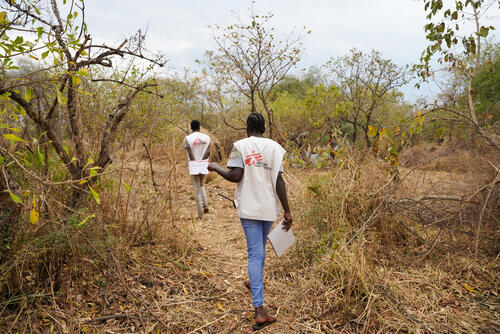Discover all our latest news, stories and publications. Use the filter to get to the content you're looking for.
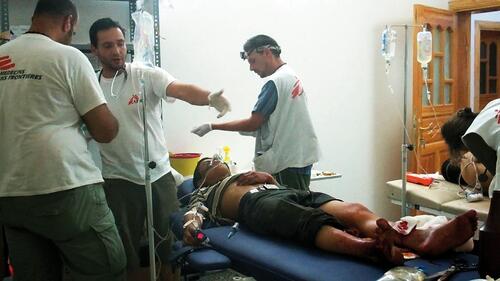
'Injured people started coming from everywhere'
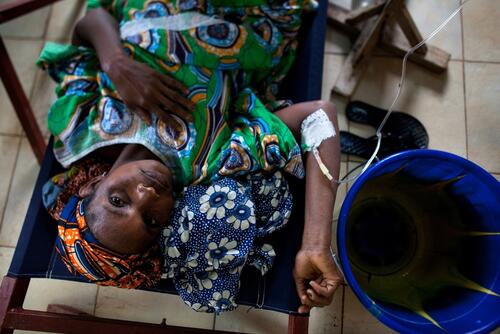
Cholera epidemic escalates
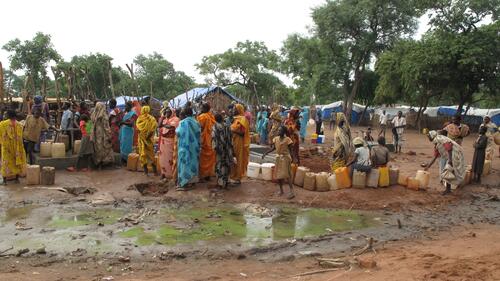
Health catastrophe continues in refugee camps

MSF resumes medical activities in Walikale

Pressing health needs in the country

Syrians in need of continuous support

'We will set up as many tents as needed to treat children in need'

Making progress on Ebola response

MSF fights against neglected diseases among migrants

Levels of violence remain high

Treating sleeping sickness, a neglected disease
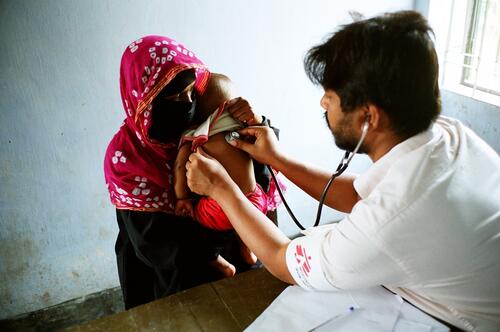
MSF urgently seeks ways to continue medical assistance in Bangladesh

Limiting the spread of the Ebola virus is a priority

MSF sets up Ebola treatment centre

'Working on an Ebola outbreak isn't just about reacting to physical challenges'
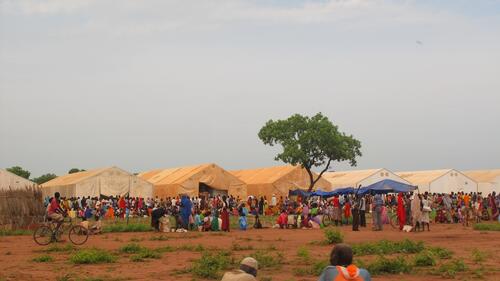
Household based survey of retrospective mortality rates, prevalence of malnutrition, vaccination coverage and basic needs in Yida Refugee Camp

A state of chronic medical emergency
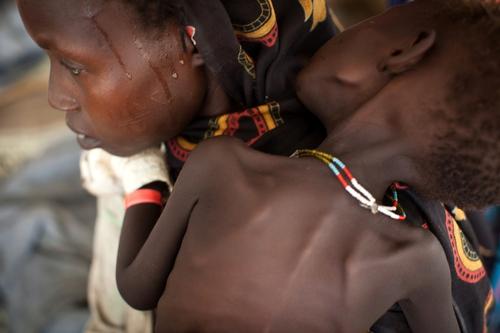
Catastrophic health situation in refugee camps

Slum environment worsens spread of cholera

MSF team fights Ebola outbreak

Dozens wounded during violent fighting in North Kivu

Emergency malaria intervention treats 10,000 patients a month

'What we are facing is an extremely serious situation'
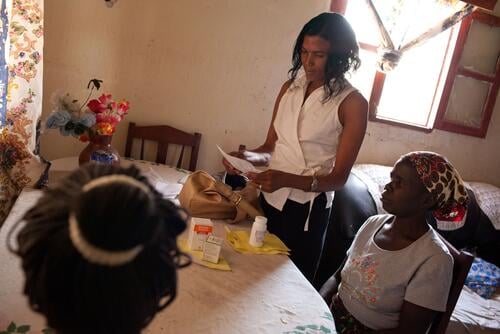
Closer to Home: Delivering antiretroviral therapy in the community

How we deliver medical humanitarian assistance
Everywhere we work, the circumstances are unique. Nonetheless, our programmes generally follow a common set of practices designed to make sure our resources and expertise are used to maximum effect.



